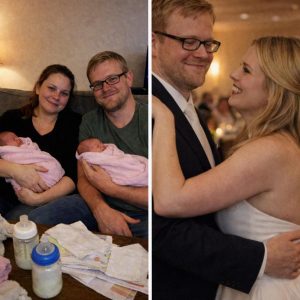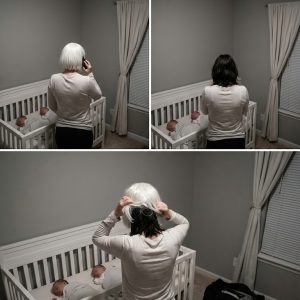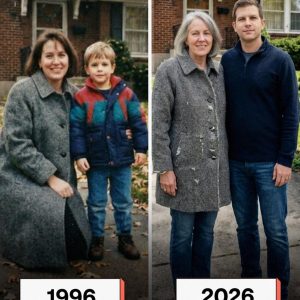When my grandmother Grace died, my mother and sister divided the big things—the house my mom wanted, the car my sister “borrowed” so often it smelled like her perfume. At the reading, I got only a wrapped photo of Grandma and me at the zoo, age six, her hand holding mine.
I felt forgotten. But when I opened the frame, I found a hidden envelope sealed with tape from her sewing kit. Inside were stock certificates, deeds, and a key labeled, “For when you’re ready.”
At the bank, I opened her safety deposit box and discovered rental properties and the deed to Grandma’s land—the house my mother assumed was hers. Grandma hadn’t forgotten me; she’d quietly left me a legacy built on trust, not show.
I bought back the house and restored it, painting the door the green of her favorite cardigan. I turned it into a community space—bookshelves, a kitchen smelling of garlic and rosemary, a place where anyone could come, eat, and belong without questions.
Months later, my sister Cynthia came, broken and asking for a chance. I offered her a job in the kitchen—not money, but responsibility. She accepted, and slowly, she found belonging again.
That photo wasn’t just a memory—it was a mission. Grandma’s gift was love disguised as trust, a challenge to build something lasting through kindness and community.
Now, Grace’s Corner hums with life: children with stained mouths, strangers finding warmth, and stories shared over soup. Grandma’s legacy isn’t money—it’s a place where love shows up again and again.
In the end, she left me everything.




